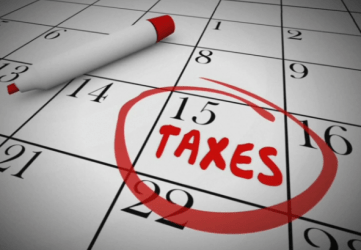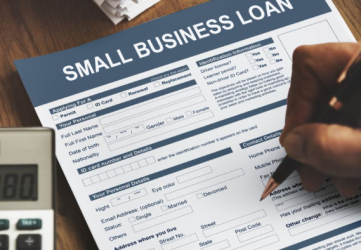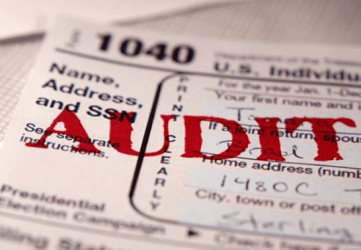Unfiled tax returns can lead to significant complications, but understanding the steps to resolve this issue can help you regain compliance and avoid severe penalties. This article will guide you through the process of addressing unfiled tax returns, including how to handle IRS substitute tax returns and your options for rectifying the situation.
Requesting an Extension from the IRS
If you need more time to file your tax return, you can request an extension from the IRS. While the typical deadline to file taxes is April 15, circumstances may require additional time. In such cases, you can ask for an extension, which gives you up to six extra months to file your return. However, keep in mind that this extension does not grant additional time to pay any taxes owed.
Important Considerations for Filing an Extension
When requesting an extension, it’s crucial to be aware of the following points:
- No Extension for Payment: An extension only applies to the filing deadline, not the payment deadline. Any taxes owed are still due by the original deadline.
- Estimate and Pay Taxes Owed: To avoid penalties and interest, estimate and pay any taxes you owe by the original deadline.
- File Before the Deadline: Submit your extension request before the regular due date of your return.
Using IRS Form 4868
To request an extension, use IRS Form 4868, which grants an automatic six-month extension to file your tax return. Even though the deadline for filing is extended, any taxes owed are still due by the original deadline.
Filing the Extension
You can file Form 4868 electronically through tax preparation software like TurboTax, TaxSlayer, or TaxAct. These programs guide you through the process and ensure that the form is submitted correctly. Alternatively, you can mail the form to the IRS. If you choose to mail it, ensure it is postmarked by the deadline, and consider sending it via certified mail with a return receipt for proof of submission.
Paying Taxes When Filing an Extension
Even if you are filing for an extension, you should still estimate your tax liability and make a payment if possible. This can help reduce any penalties and interest that may accrue. You can make payments through the IRS Direct Pay website or via direct debit from a bank account using tax software.
Additional Extensions for Those Living Abroad
If you live abroad, you may qualify for additional time to file beyond the initial October 15 extension. In such cases, you will need to file IRS Form 2350 to request more time to file Form 1040. This additional extension is available to expatriates to qualify for special tax treatment, but the initial extension request must still be filed by the original deadline.
Final Thoughts
Requesting an extension can provide the extra time needed to accurately complete your tax return. However, it’s essential to remember that any taxes owed are still due by the original deadline to avoid penalties and interest. By staying proactive and ensuring compliance, you can navigate the tax season with greater ease in Maryland.
If you have any questions or need assistance with your tax return, Contact the Law Office of Jason Carr or call 888-661-6583 for expert assistance. This article is sponsored by the tax professionals at the Law Office of Jason Carr.






